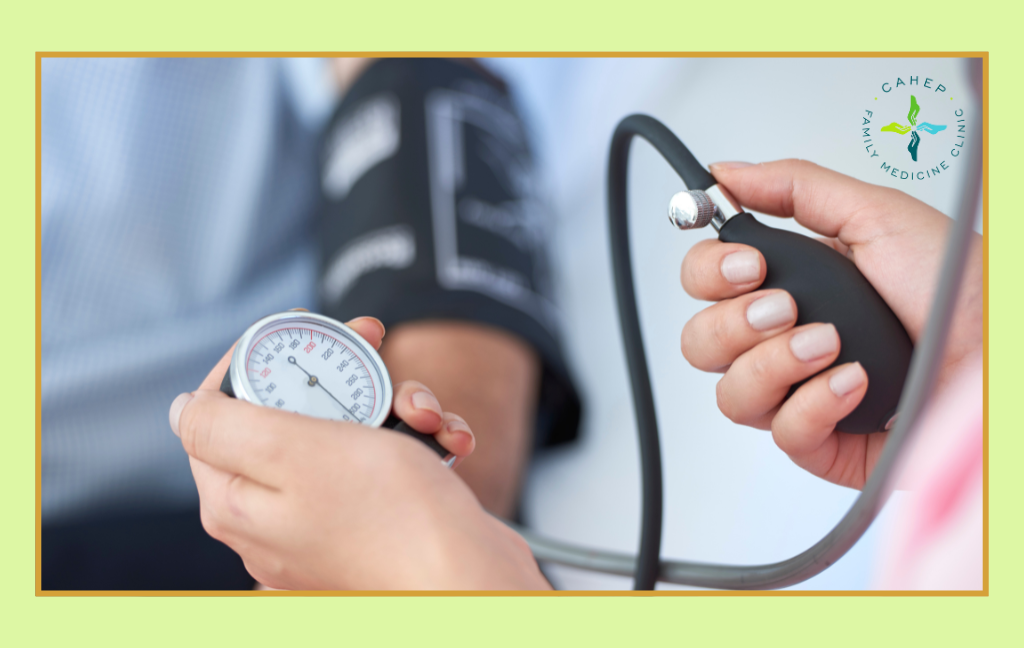
Hypertension, also known as high blood pressure, is one of the most common health conditions worldwide and a major risk factor for heart disease, stroke, and kidney failure. Often called the “silent killer,” hypertension frequently has no warning signs, which is why regular checkups and awareness are so important.
Recognizing the Symptoms of Hypertension
In many cases, hypertension develops without noticeable symptoms. This makes it dangerous because people may live with high blood pressure for years without realizing it. However, in some cases, symptoms can appear, including:
- Persistent headaches
- Shortness of breath
- Nosebleeds
- Vision problems
- Chest pain or pounding in the chest, neck, or ears
Because these symptoms usually occur when blood pressure is already very high, prevention and regular monitoring are key.
Treatment Options for Hypertension
The good news is that hypertension can be managed effectively with lifestyle changes and, when necessary, medication. Treatment often includes:
- Medications: Doctors may prescribe blood pressure–lowering medicines such as diuretics, ACE inhibitors, or beta-blockers.
- Nutrition: Reducing salt (sodium) intake, eating more fruits, vegetables, and whole grains, and limiting processed foods can help control blood pressure.
- Physical Activity: Regular exercise—such as walking, cycling, or swimming—strengthens the heart and lowers blood pressure.
- Weight Management: Maintaining a healthy weight reduces strain on the heart and blood vessels.
- Stress Management: Techniques such as deep breathing, meditation, or yoga can help reduce stress-related spikes in blood pressure.
With proper treatment and monitoring, people with hypertension can live long and healthy lives.
Preventing Hypertension
Hypertension is often preventable, especially when healthy habits are adopted early. Prevention strategies include:
- Maintaining a healthy diet low in salt and rich in fruits and vegetables
- Staying physically active (at least 30 minutes most days)
- Avoiding tobacco and limiting alcohol consumption
- Maintaining a healthy weight
- Managing stress effectively
- Getting regular blood pressure screenings, especially if you have a family history of hypertension
How CAHEP Can Help
At the Colorado Alliance for Health Equity and Practice (CAHEP), we are committed to reducing the impact of hypertension in our communities by providing:
- Community health screenings to identify high blood pressure early.
- Educational programs to empower families with tools for healthy eating, exercise, and stress management.
- Navigation support to connect individuals with affordable care and medication options.
- Culturally responsive care tailored to meet the unique needs of Colorado’s diverse populations.
Hypertension may be a silent condition, but together we can raise awareness, improve prevention, and support treatment.
Contact CAHEP today to learn how we can help you or your loved ones take control of blood pressure and live a healthier life.
